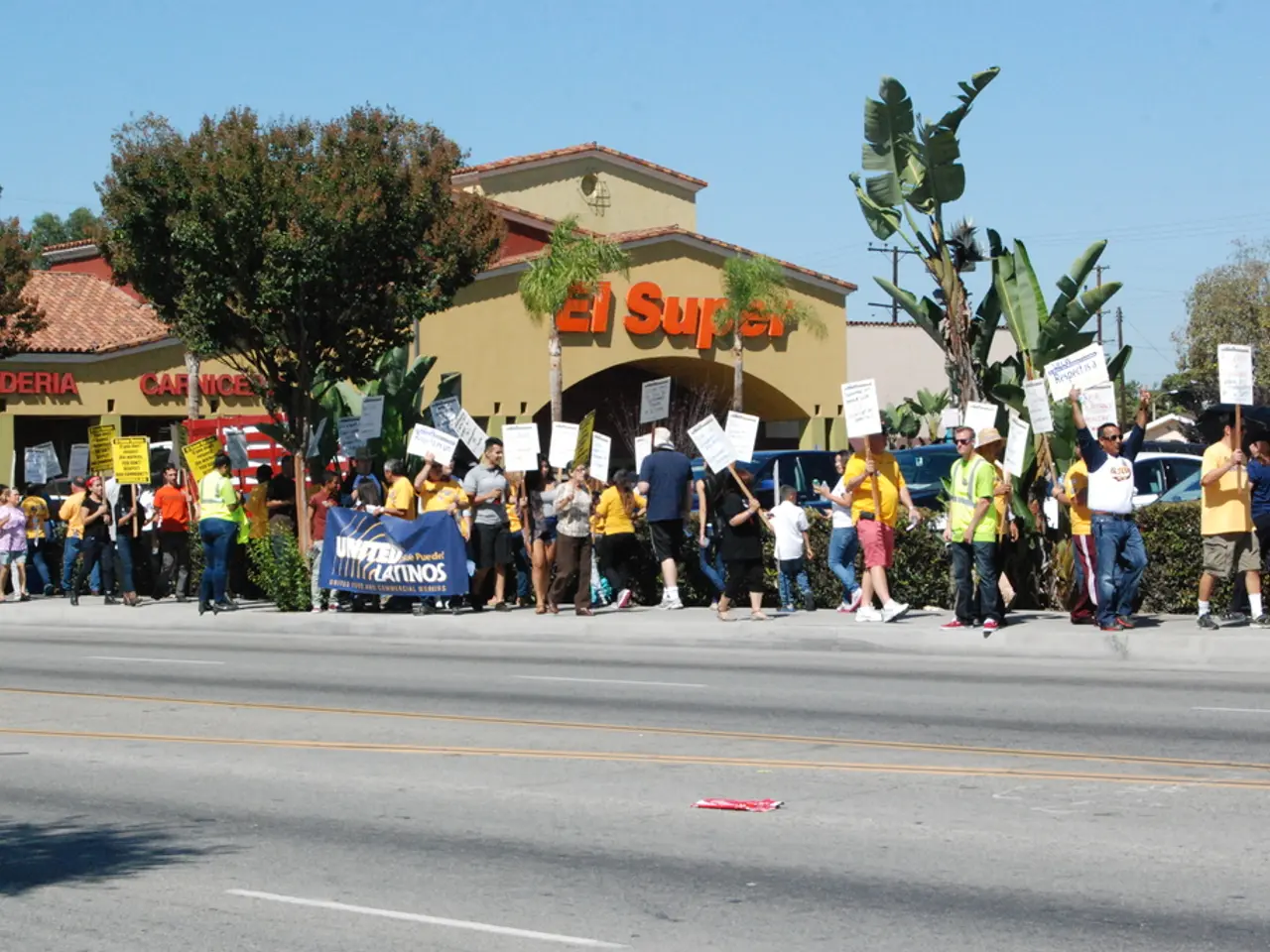Church's Role in Decision-Making Processes of Elections in Majority World Countries, such as Malawi
In the heart of southeastern Africa, Malawi is preparing for its seventh electoral cycle on September 16, 2023. This article, first published at brucebarron.substack.com and republished with permission in Evangelical Focus, sheds light on the challenges and issues shaping Malawi's electoral landscape.
Malawi transitioned from a one-party dictatorship to a multiparty democracy in the early 1990s, but the road to democracy has been fraught with corruption and economic hardship. The Transparency International Corruption Perception Index ranks Malawi at 27.3 out of 100, reflecting the nation's struggle against graft.
One of the most notable figures in the fight against corruption was Martha Chizuma, who served as director of the Anti-Corruption Bureau (ACB) for three years. During her tenure, the ACB investigated a record high of 119 cases, some involving high-profile politicians and civil servants. However, Chizuma resigned from her position in 2024 due to making many enemies.
The economy of Malawi is in severe distress, leading to high inflation, high cost of living, and widespread poverty. Mainline churches in Malawi have encouraged voters to focus on issues rather than candidates' rhetoric, with the Church of Central Africa Presbyterian advising its faithful to reject corrupt politicians. The Catholic bishops in Malawi issued a pastoral letter highlighting corruption, nepotism, economic hardships, and deteriorating public services as issues of concern.
To ensure transparency and credibility in the upcoming elections, the Malawi Electoral Commission is employing an electronic voting system. The deployment of Smartmatic electoral management devices (EMDs) is intended to streamline the voting process and reduce the potential for electoral fraud. The Evangelical Association of Malawi (EAM) is involved in voter civic education to demystify fears associated with EMDs.
The presidential race features 17 candidates, including incumbent Lazarus Chakwera, Peter Mutharika, and Joyce Banda. Candidates who are independent of political parties can get on the ballot by paying a nomination fee of about $5,700 USD. All presidential candidates have acknowledged the economy's poor performance and have unveiled ambitious economic recovery plans.
An anti-corruption course developed by Robert Osburn of the Wilberforce Institute is offered at the MINTS International Seminary in Zomba, Malawi. The course aims to educate future leaders on the importance of transparency and accountability in governance. However, there is no available information on the political party affiliation of Osburn.
Age has become an issue in the campaign, particularly on social media and the Internet. The upcoming elections will be a test of Malawi's commitment to democracy and its ability to overcome corruption and economic hardship. As the nation prepares to vote, it is essential that all Malawians make informed decisions based on the issues that matter most.
Read also:
- United States tariffs pose a threat to India, necessitating the recruitment of adept negotiators or strategists, similar to those who had influenced Trump's decisions.
- Weekly happenings in the German Federal Parliament (Bundestag)
- Southwest region's most popular posts, accompanied by an inquiry:
- Discussion between Putin and Trump in Alaska could potentially overshadow Ukraine's concerns






